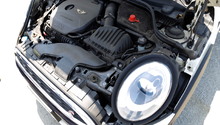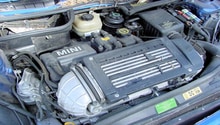Mini Cooper 2001-2006: Engine Performance Diagnostic Guide
There are a host of issues with your Mini Cooper's engine that can cause you grief. Here are some of the more common issues and how to fix them.
This article applies to the Mini Cooper (2001-2006).
There are many different issues that can cause your Mini Cooper to not drive like it did when it first came off the lot. Some of these items have really simple solutions and some may be a bit more complex. The most aggravating part about this is likely discovering what the problem actually is. You can go down many different rabbit holes only to find that the resolution was using better gas or replacing a simple PCV valve. No matter what the issue is, your biggest step is finding out what it is and how to fix it. This could cost you a good deal of money having a pro track it down, then you have the added cost of parts and labor to replace it. Use this guide to save you a great deal of money finding out what the problem is. From there, you can decide if you want to tackle the job on your own or take it to a pro. You'll still save a bundle because the pro won't have to do the searching. Read on to learn what your problem could be and what you might be able to do to solve it on your own.

Materials Needed
- Flat and Phillips head screwdrivers
- Ratchet and socket set
- Replacement parts as needed
- Fuel additives and cleaners
Step 1 – Check your spark plugs
Starting and running is fine; however, when you get in it, the car hesitates for a brief moment before accelerating.
The Mini Cooper is notorious for not agreeing so well with your choice of aftermarket spark plugs. While most vehicles may have a misfire throughout the RPM range, the issues with the Mini Cooper may present themselves with a myriad of different symptoms. If you car is stuttering upon acceleration, you could have plugs that run too hot and only really show up as problems in the higher RPM band. Consider replacing your plugs with the original OEM plug and your problems may just disappear.
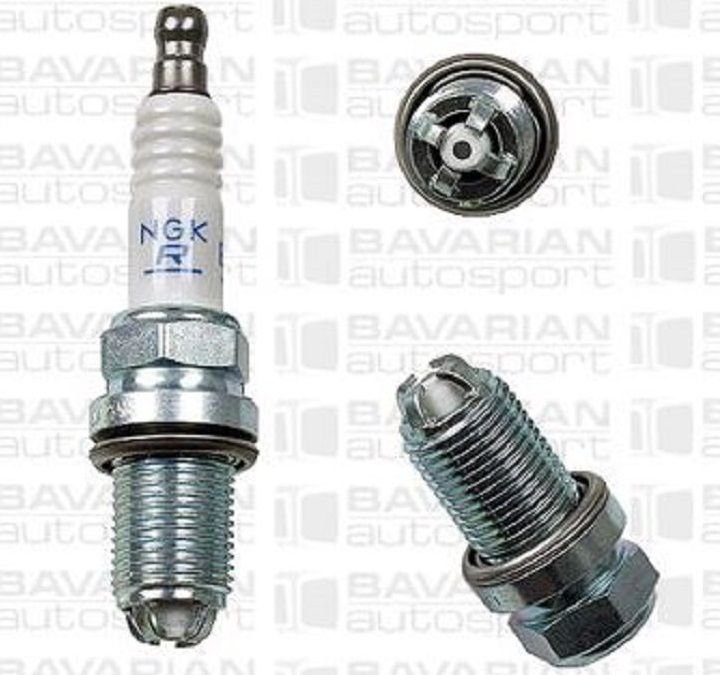
If you have OEM plugs and they are in good condition, check your gas.
Step 2 – Upgrade to a better quality of gas
The Mini Cooper performs much better with a higher quality of gas.
Carbon buildup can occur when you consistently use the lower grade gasoline, or gas with a lot of additives in it. This may not always be the case, but a common solution among owners was found in upgrading their gas to higher octane levels.
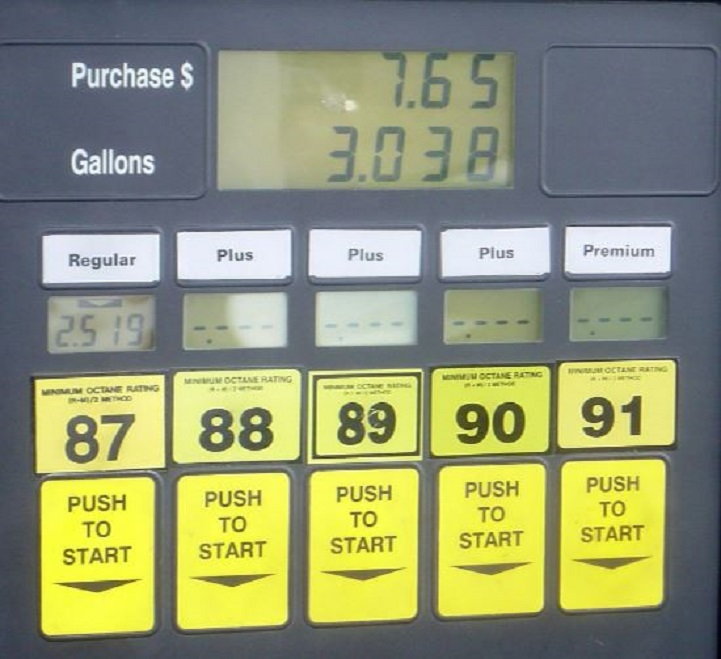
If the higher octane doesn't improve performance, try using a fuel treatment.
Step 3 – Add some fuel treatment to your tank
You could have a carbon buildup that is going to take more than higher octane to clean up.
Carbon buildup occurs on the backside of the intake valves in the engine. This can result in a rough idle, or stumbling upon acceleration. Many Mini Cooper owners have had amazing results just by adding some fuel treatment or carbon cleaner to their tanks.
- BG-44K is a carbon buildup cleaner that is added to your tank with remarkable results. Some owners have claimed their problems have completely disappeared after using this product.
- SeaFoam can also be used in conjunction with BB 44K to greatly improve performance.
- Techron is another product that has shown promising results.
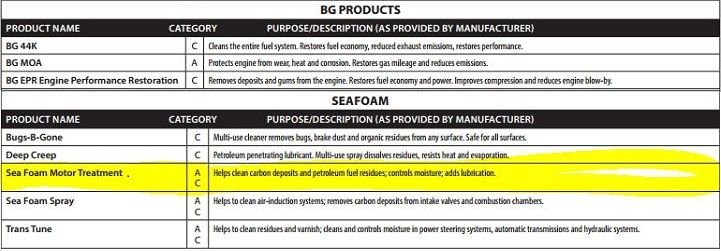
If the easiest fixes didn't solve the problem, time to dig in a little deeper.
Step 4 – Replace you PCV valve
The PCV valve could be clogged or gummed up, thereby reducing performance a great deal.
The PCV valve is a relatively inexpensive and easily replaced part on your Cooper. Standing for "positive crankcase ventilation" valve, it controls excess gasses that are a byproduct of combustion and their ability to be relieved from the crankcase. Replacing it with a new one should greatly increase the power and performance of your car. It is recommended to change this valve every 30,000 miles. For about $20, it is a cheap and easy solution to your hesitation and fuel economy problem.
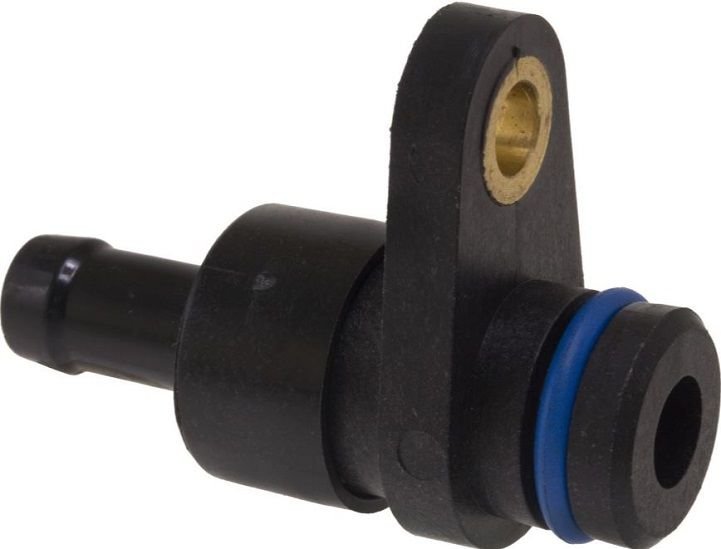
If nothing has helped your rough idle yet, consider having your ECU reprogrammed.
Step 5 – Have the dealer reprogram or flash your ECU
Many owners report that dealership mechanics could find nothing wrong, but the ECU flash solved their problems.
The ECU is designed to continually make adjustments or corrections to a myriad of different things from exhaust to fuel-air mixtures. Sometimes the ECU does not make such adjustments for whatever reason and needs a kick start to get it going again. This kick is in the form of an ECU flash or reprogramming that has to be done by the dealership. This will likely be a nominal fee, but it is worth a shot if it prevents you from throwing a bunch of parts at the problem that may not have been necessary. Additionally, MINI will periodically release software updates that can improve engine performance and smoothness. Try calling your local MINI dealer and giving them your MINI's VIN and asking if there are any software updates available for your ride.
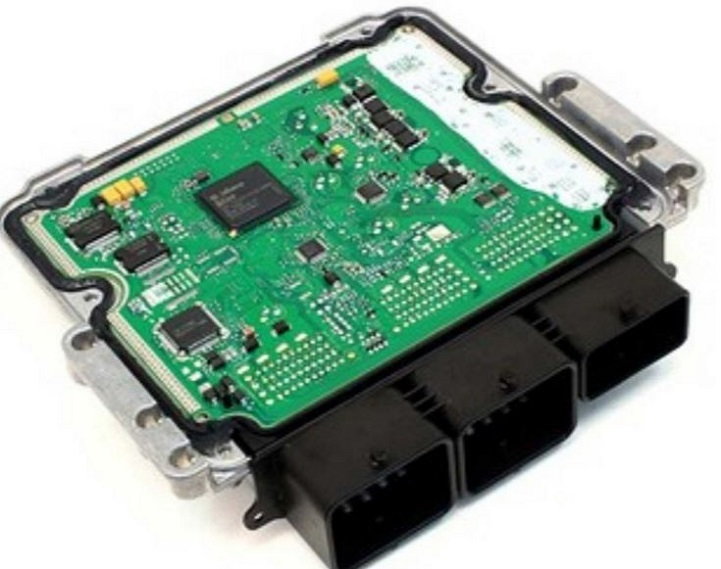
If an ECU flash didn't fix the problem, it is time to start looking at engine components.
Step 6 – Clean or replace your throttle body
A very dirty or damaged throttle body can cause a lot of hesitation or rough idle.
The throttle body on your Mini Cooper will get very dirty over time. Carbon buildup in there can cause the butterfly valve to stick or not close properly. In many cases, a good cleaning will do the trick without having to replace it entirely. The cost of replacement isn't very steep and to change it out isn't something that must be done by a pro. You will save yourself a bundle of cash if you have the time, tools and space in your garage to tackle this easy DIY on your own.
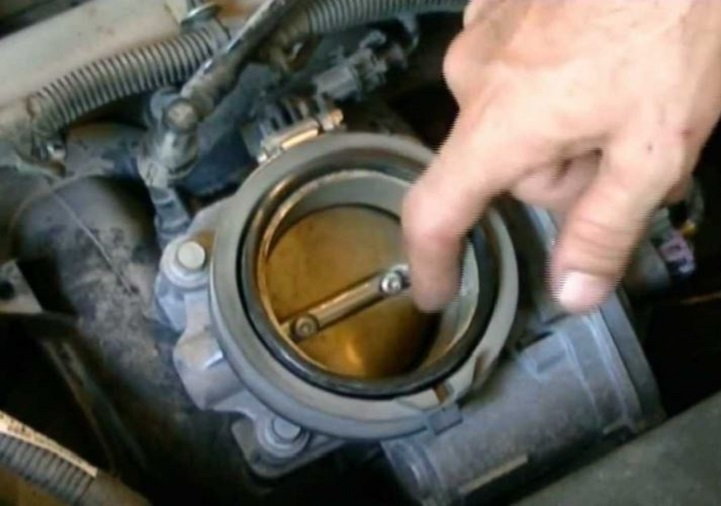
If these easy fixes haven't worked yet, consider having the fuel pump, filter and injectors checked out.
Step 7 – Check your fuel system
Your fuel system has several components, any of which could be your problem.
Your fuel filter, pump or injectors could be bad.
- Your fuel filter is probably the most common culprit; however, if it is neglected for too long, it could contribute to the pump going bad.
- Because the fuel pump is electric, it is likely to either work or not work, and may not be a part of the problem.
- The fuel injectors could become clogged and create many hesitation or rough running situations
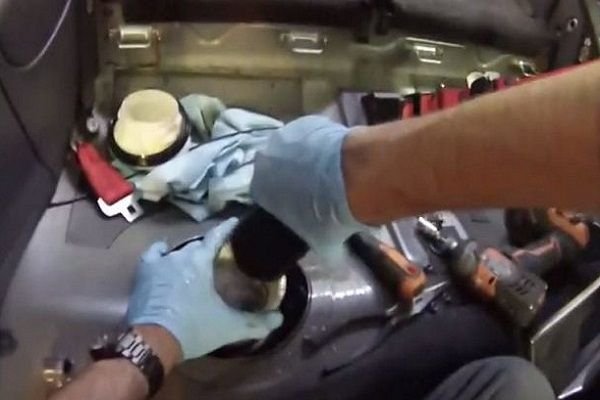
Figure 7. Your fuel filter could be very dirty and need replaced. 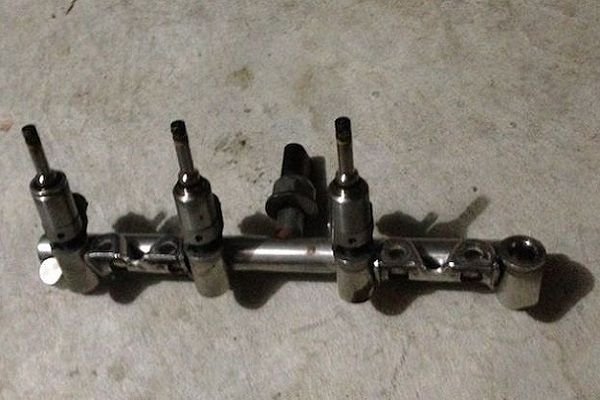
Figure 8. If fuel additives don't do the job, you may need to replace your injectors.
If nothing has solved your problem to this point, you may need to call in the pros.
(Related Article: How to Replace Fuel Filter - NorthAmericanMotoring.com)
Related Discussions
- Stutter on Acceleration - NorthAmericanMotoring.com
- Finally! Hesitation and Rough Start Fixed - NorthAmericanMotoring.com
- Random Rough Idle Problem - NorthAmericanMotoring.com
- Low Speed Fan Resistor - NorthAmericanMotoring.com
- SES Light, What Does It Mean? - NorthAmericanMotoring.com
- Loss of Power and Fuel Economy: Fuel Pump Bad? - NorthAmericanMotoring.com


